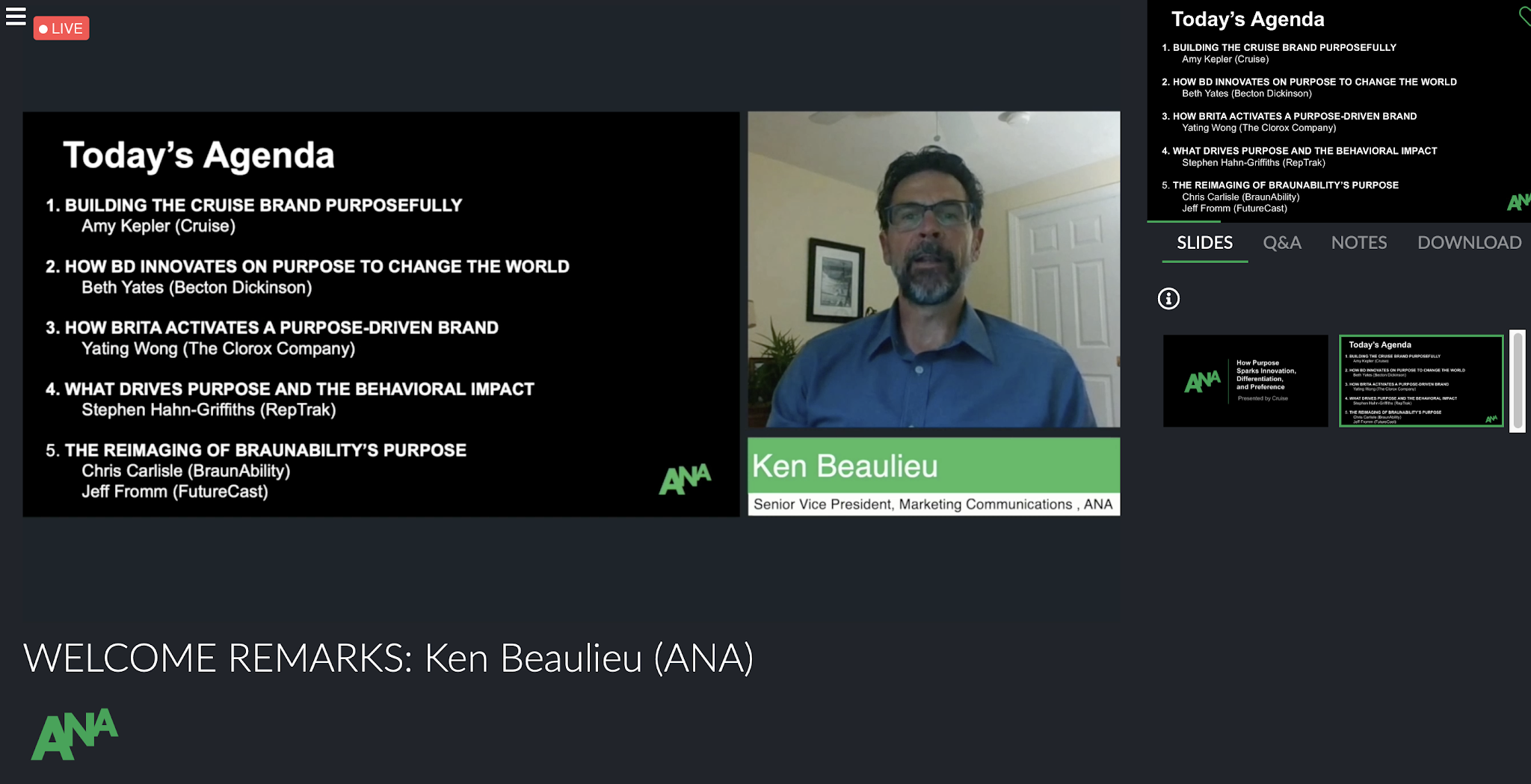The Shift in African Storytelling
As
part of the Social Media Week 2015, the NYU Kimmel Center hosted a panel
discussion on the topic “The Seismic Shift in African Storytelling in 140
Characters or less”. An opportunity to discuss issues, benefits and
challenges pertaining to the explosion of social media on the African continent.
In a friendly atmosphere, a panel of five African social media activists was invited to discuss the matter with a dozen of media and communications professionals with a solid knowledge of communication issues on the continent. It is for this reason that I was invited.
In a friendly atmosphere, a panel of five African social media activists was invited to discuss the matter with a dozen of media and communications professionals with a solid knowledge of communication issues on the continent. It is for this reason that I was invited.
Significant disparities in the sub-Saharan region
In less than a
decade, Africa -especially the sub-Saharan region- has gone from being largely
unconnected to the internet to having millions of people using it. The entire
panel agreed on the conclusion that this key change has created two kinds of
Sub-Saharan Africans in terms of media and communications: the haves and the have-nots. Until recently, access to the Internet was an almost
entirely an urban phenomenon, although a small number of rural people now have
access. According to Mary Olushoga, Founder of AWP Network even in a more
developed country like South Africa, only 24% of Internet users are in rural
areas. Furthermore, TMS Ruge, Founder and CEO of Rain Tree Farms said the speed
of Internet connection has accelerated faster in urban areas than in rural
areas.
The fever of social media is seizing Africa
Despite these obvious
disparities, Internet coupled with the arrival of smartphones has led to the
boom of practices related to social media. In his speech, TMS Ruge pointed out
two major trends: one is the upward trend of citizen information, human rights
and economic and social development initiatives which are developing in all
directions; the other one with commercial purpose which has quickly started to
attract capital.
To illustrate the crucial role of social media in Africa today Mohammed
Ademo, Editor at Al Jazeera recalled the case of Noël Tadegnon who in August
2010, filmed in the streets of Lomé (Togo) an altercation between a journalist
and a french military officer trying to grab his camera. The video went around
the world via YouTube and was widely reproduced and commented in the
international press. Finally, the officer was sanctioned by his superiors who also
apologized to the assaulted journalist.
Due to the restrictions
on freedom of the press the need of social media becomes even more flagrant in
Africa than elsewhere as an alternative to traditional media. "The
Internet is used to ring the response to the dominant discourse conveyed by the
mainstream media. The mobilization through the Internet is done at all levels
of the society, "says TMS Ruge.
Is there a future for advertising in Africa?
I raised the
question and it sparked an interesting discussion. While social networks in Africa
are still in its infancy, some participants see it as a fertile ground for
advertising. I recalled a report by the World Bank that indicates that each
month, 100 million Africans are connecting on Facebook, 80% from their
Smartphone. This craze of African for social networks, it’s an opportunity for advertisers.
It is true that the continent is still not the favorite destination for
advertising campaigns with the exception of South Africa and the Maghreb but
that leaves many avenues untapped.
Jacques Epangue



